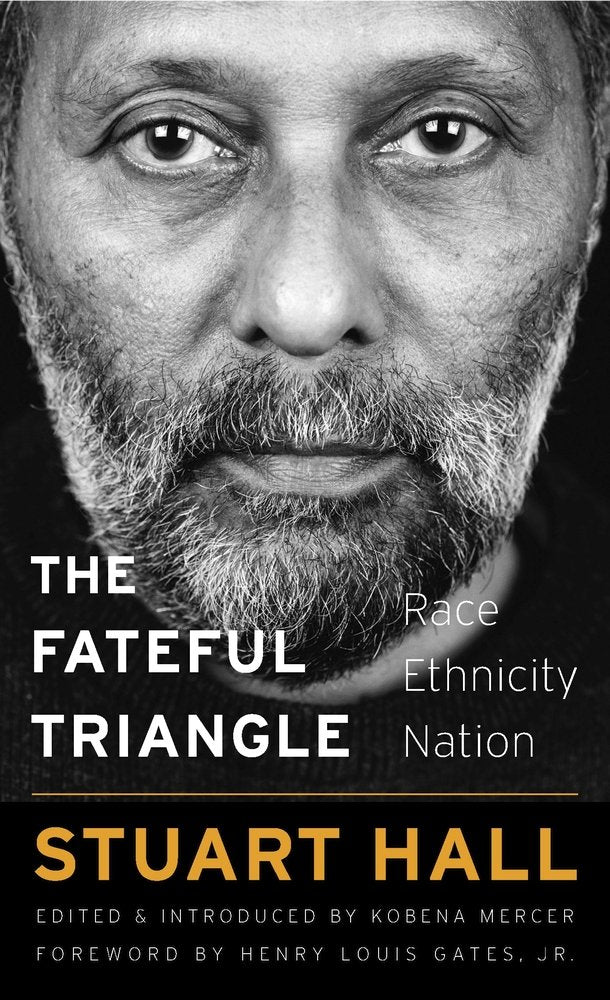The Fateful Triangle – Race, Ethnicity, Nation: 19 (The W. E. B. Du Bois Lectures)
The Fateful Triangle – Race, Ethnicity, Nation: 19 (The W. E. B. Du Bois Lectures) is backordered and will ship as soon as it is back in stock.
Couldn't load pickup availability
Genuine Products Guarantee
Genuine Products Guarantee
We guarantee 100% genuine products, and if proven otherwise, we will compensate you with 10 times the product's cost.
Delivery and Shipping
Delivery and Shipping
Products are generally ready for dispatch within 1 day and typically reach you in 3 to 5 days.
Book Details
-
Author: Stuart Hall
-
Brand: Harvard University Press
-
Edition: Unabridged
-
Binding: Hardcover
-
ISBN: 9780674976528
-
Number of Pages: 256
-
Release Date: 14-08-2017
-
Languages: English
-
Package Dimensions: 7.4 x 4.7 x 0.9 inches
About the Book
"The Fateful Triangle" by Stuart Hall, drawn from lectures delivered at Harvard University in 1994, presents a profound reflection on the divisive consequences of contemporary identity politics. As one of the founding figures of cultural studies, Hall examines the power relations embedded within categories of race, ethnicity, and nationhood. Through this, he unravels how deeply ingrained hierarchies of human identity in Western culture were dramatically altered when marginalized groups redefined the meanings associated with difference.
Hall traces the evolution of racial concepts from the Renaissance through to the Enlightenment, revealing how distinctions based on race, once seen as fixed and immutable, were destabilized in the 20th century. He focuses particularly on the ways in which the concept of "blackness" became a site of solidarity and resistance for Caribbean and South Asian migrants in 1980s Britain. This concept of "new ethnicities" offers a glimmer of hope in the face of the rise of global fundamentalisms and nationalisms, which often respond with fear to social change.
The book identifies migration as central to the global crises Hall foresaw over two decades ago, pointing to why migrants have become targets for new nationalisms. In the face of this, Hall advocates for the concept of diaspora as a transformative metaphor that offers new ways of thinking about race, nationhood, and identity in the 21st century. Through this powerful work, Hall challenges us to envision sustainable ways of living with difference, providing a critical framework for understanding the crises confronting liberal democracies today.





